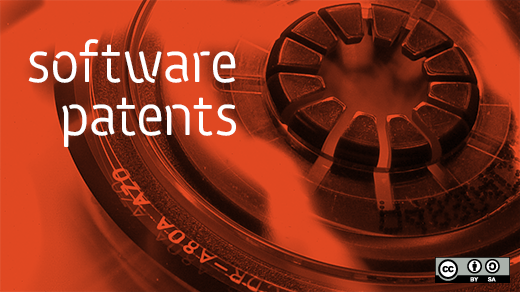Momentum seems to be building in Congress to tackle patent reform. From an open source perspective, any reform that reduces the risk and expense of patent lawsuits is surely a good thing. But the reforms under current discussion so far have largely been focused on the problem of NPEs (non-practicing entities) and have not directly addressed the problem of software patents. Are the two issues best viewed as one? So argues Boston University Professor James Bessen in his recent piece, The patent troll crisis is really a software patent crisis.
Bessen provides interesting historical perspective on patent problems, but he's emphatic that the NPEs (aka patent trolls) are causing damage unlike patent exploiters of the past. "The last two decades saw a dramatic increase in the number of patents on software, and these patents are particularly prone to abuse, both by trolls and by other types of patent holders. Policymakers are increasingly focusing on the problem of frivolous patent litigation. But so far, policymakers haven’t given enough attention to the fact that the patent crisis is mostly about patents on software."
Citing a recent report from the nonpartisan Government Accountability Office, Bessen explains the basis for software patent abuse:
So why are there so many lawsuits over software patents? The report states that 'many recent patent infringement lawsuits are related to the prevalence of low quality patents; that is, patents with unclear property rights, overly broad claims, or both. Although there is some inherent uncertainty associated with all patent claims, several of the stakeholders with this opinion noted that claims in software-related patents are often overly broad, unclear or both.
Because unclear and overly broad language is a hallmark of many software patents, they are often targeted for lawsuits. "[S]oftware patents are particularly prone to . . . abuses because software is inherently conceptual. Software is a technology that represents broad classes of interactions abstractly. That makes it inherently difficult to tie down a software patent to a specific inventive concept." Software patents "are much more likely to have fuzzy boundaries and they are much more likely to be involved in a lawsuit."
Bessen thinks that recent Supreme Court cases reaffirming the ban on patenting abstract ideas could result in invalidation of many software patents, but notes that courts are reluctant to implement this ban. Without action, he thinks, "wasteful litigation will continue to grow, imposing large costs on society, costs that are already inhibiting innovation."
There are powerful economic forces that will make legislative action directly addressing software patents difficult. It's encouraging, though, to see a scholar of Bessen's stature putting the spotlight on this important issue.







3 Comments